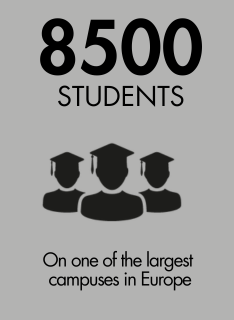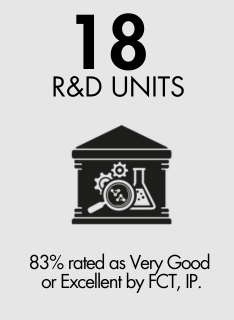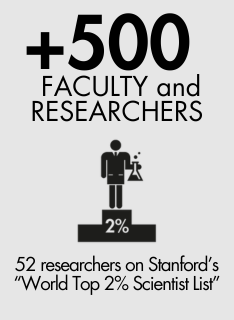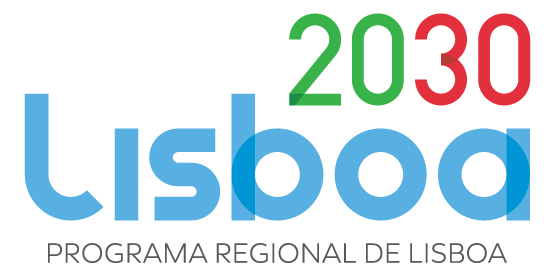Admission Requirements
Applicants to the doctoral programme must meet the admission requirements set out in the General Regulations for Doctoral Programmes at NOVA FCT.
Additionally, candidates must fulfil at least one of the following conditions:
a) Hold a Master's degree in the scientific field of Earth Sciences, or legally equivalent qualification. Candidates must have obtained a minimum final grade of 14 (out of 20) in these study cycles.
b) Hold a Bachelor's degree in Earth Sciences and present an especially relevant academic or scientific curriculum, recognized by the Scientific Council of NOVA FCT as demonstrating the ability to undertake this programme.
c) Hold an academic, scientific or professional curriculum in the field of Earth Sciences that is recognized by the Scientific Council of NOVA FCT, upon proposal by the Department Council of the Department of Earth Sciences (DCT), as demonstrating the ability to undertake this programme.
The recognition referred to in points b) and c) will be based on opinions issued by two PhD-level professors or researchers, considered experts in the scientific field in question and appointed by the Scientific Committee of the doctoral programme.
Selection criteria
The selection of candidates is the responsibility of the Doctoral Programme’s Scientific Committee, based on the evaluation of the submitted documentation. Candidates considered potentially eligible may be invited for an interview.
The Scientific Committee of the PhD Programme in Geology may also request the submission of additional documentation deemed relevant for the assessment of the application.




























